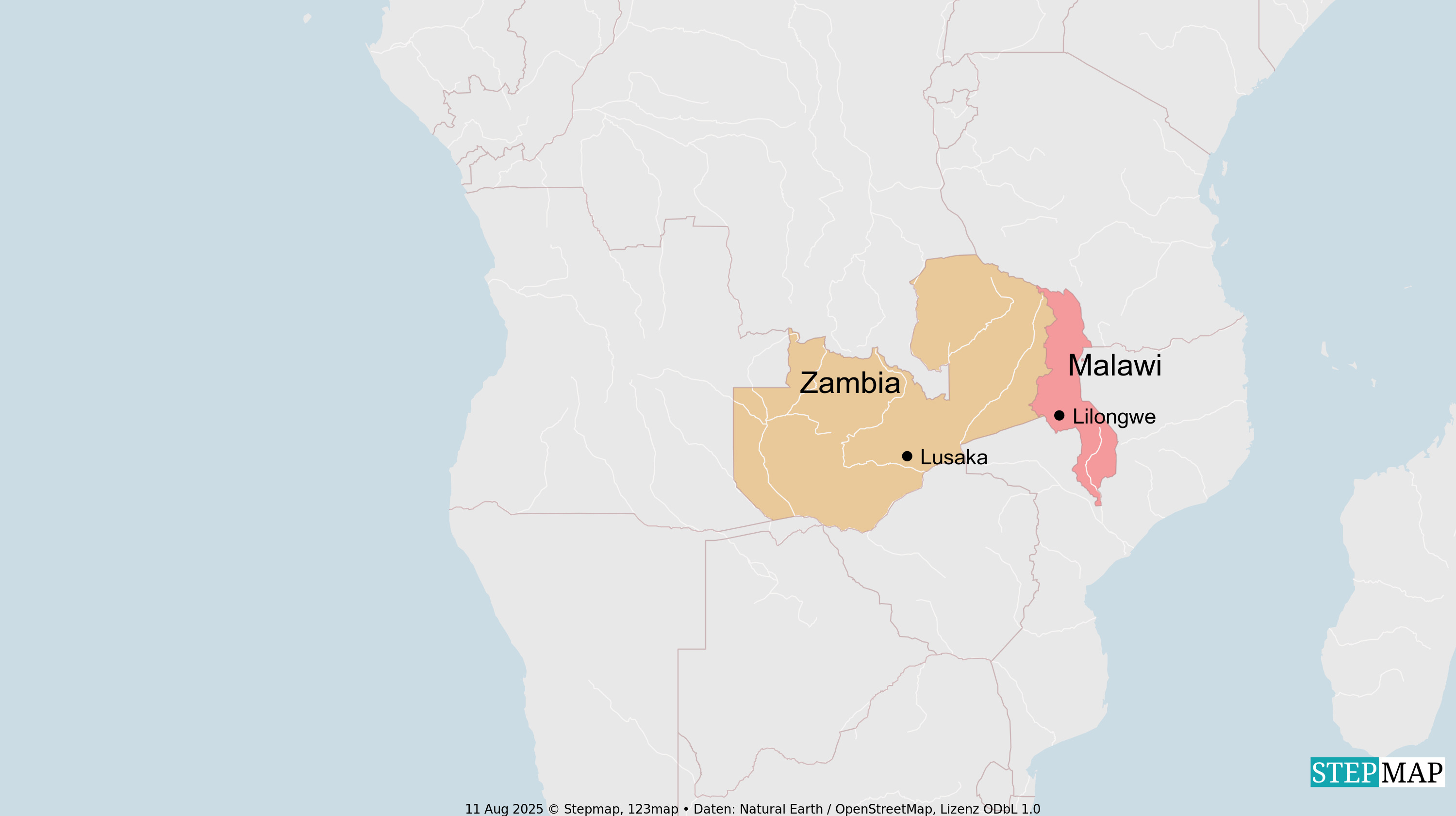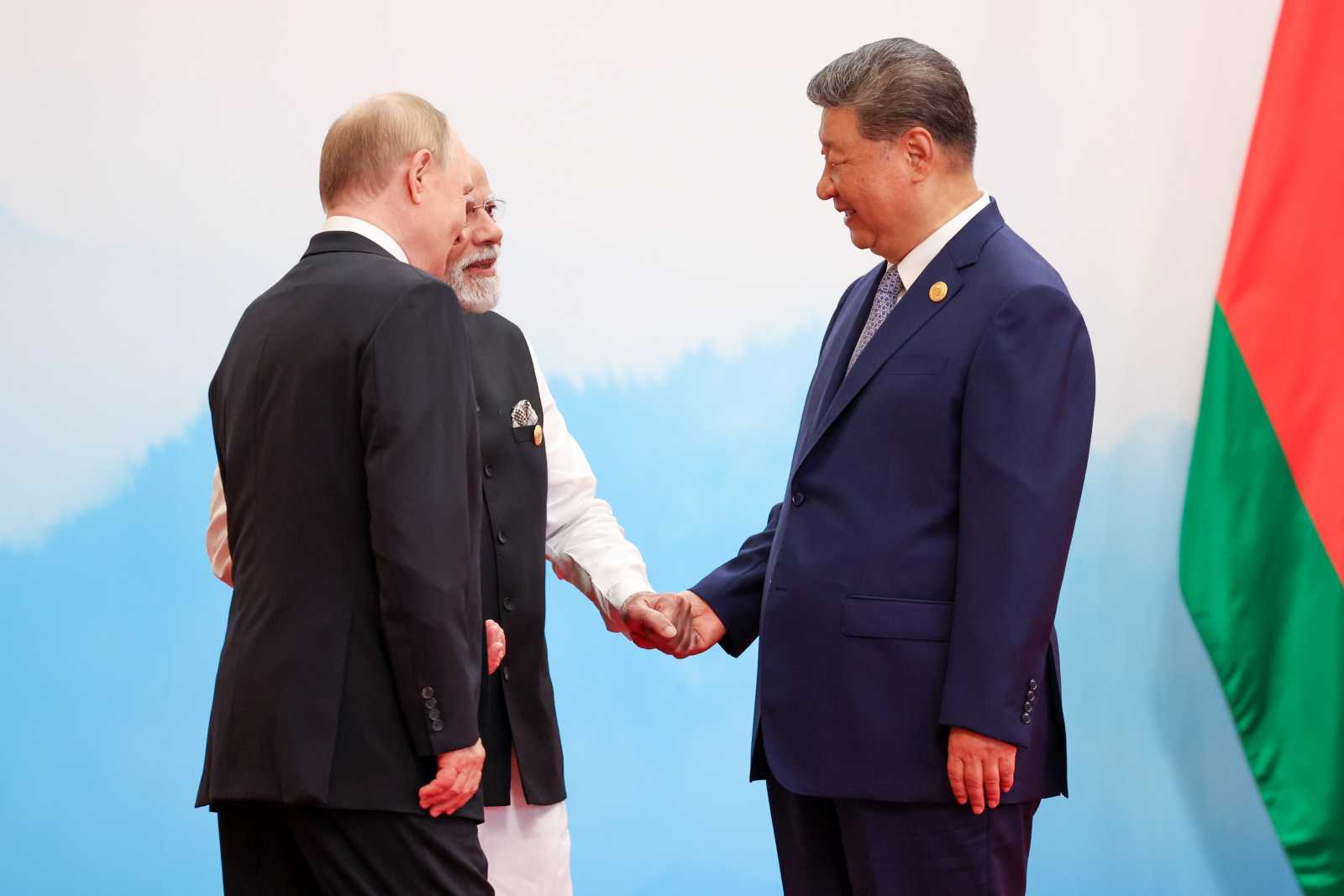All politics is local
“Shared goals”
Interview with Anita Reddy
Why are municipal leaders from developing countries interested in partnerships with German towns?
They are looking for good ways to solve their problems. The examples they are interested in often have a technological component, but local leaders also need experts who will convey the necessary knowledge and methods, so municipal governments are appropriate partners.
But what is German experience worth in very different settings? Guangdong is a fast growing Chinese metropolis with almost 12 million people today – what can it learn from its twin city Frankfurt with a population of not quite 700,000?
Well, the different size actually does not matter very much. What matters is practical experience. Prestige is relevant too, of course, and since Germany has the reputation of being a modern, highly developed and very efficient country, it is considered a good example. It is obvious, moreover, that a garbage incinerator is basically no different, whether it is built in a town of some 100,000 people or a megacity of more than 10 million. What really matters is creative interaction among partners. That is what leads to meaningful ideas. Typically, delegations from one town visit the other town in the context of municipal partnerships. They go and see water utilities, land fills, traffic management systems and so on. This kind of exposure triggers new insights, and that is true of German delegations too.
But wouldn’t advice from competent consultants be more useful?
No, not necessarily. The partners from Asia, Africa or Latin America appreciate being in touch with colleagues at eye level. When they go and visit them, or when they become hosts to a delegation from the twin city, it is easy to address problems they’d probably try to hide in other settings. Among equals, it is not hard to ask: “How do you deal with this?” Or: “Do you know that problem?”
But aren’t high-tech approaches from Germany too expensive for partners in developing countries?
In some cases perhaps, in others, probably not. But that isn’t the issue. Partnership is not primarily about selling partners ready-made solutions. It’s about learning from one another. Municipal authorities in Germany and Europe in general have a long history, they have dealt with many challenges partners are struggling with today.
And what do people from German municipal governments learn from partners in developing countries or emerging markets?
Well, it is always interesting to see one’s own life in a new light. But that is not the only motive. Many municipal leaders in Germany understand that intercultural communication is becoming ever more important in our era of globalisation. Migrants are coming to Germany and Germany needs partners in other world regions, which is at least as important. International exchange helps to improve the performance of civil servants. Moreover, there is a public relations angle. Mayors can tell their local public: “We care about global affairs, and we get involved.”
What makes a good partnership – regular exchange of students and cultural events?
No, that is more like good background music – pleasant, fun, a chance for people to meet. A strong partnership really depends on meaningful interaction that tackles relevant issues. To some extent, that can happen in the virtual reality of the internet. Once partners define common projects with shared goals, things are really going well – and that is particularly true if they manage to raise funds for such purposes.
Please give an example.
The climate partnership of Bonn with Cape Coast in Ghana is an interesting example. Both sides are drafting a common programme of action in order to contribute to stemming global warming and coping with its impacts. The Service Agency Communities in One World, which I lead, is supporting this municipal partnership on behalf of Germany’s Federal Ministry for Economic Cooperation and Development.
Who are the driving forces for municipal partnerships in Germany?
Well, you have to understand the historical background. After World War II, municipal partnerships were an important instrument for reconciliation and peace building. Later, the same approach was used in relations with developing countries. In many cases, the first initiative starts in civil society. Some non-governmental organisation has contacts abroad and is eager to have an impact. In the 1980s, for instance, many municipal partnerships were established with towns in Nicaragua and other Latin American countries. These partnerships were an expression of the solidarity movement which was active in Germany. On the other hand, the mayors matter very much. Their personal involvement is often quite strong. When policymakers and civil society pull together, of course, there is even more momentum.
Germany has a long history of municipal self-government, and local government institutions have considerably contributed to making our country a comfortable place to live in. Are partners interested in copying the democracy toolkit, so to say?
It is certainly impossible to exactly copy Germany’s system of municipal government. Don’t forget, the local government laws differ from state to state even within Germany. But it is true that foreign partners are quite interested in understanding how local politics work here. The devolution of government powers is high on the agenda of many developing countries. Things do not run smoothly where central governments decide everything top-down. Accordingly, many central governments are interested in more efficient ways of organising matters. And municipal leaders, for obvious reasons, want to boost their autonomy, so they are keen on arguments that will help them expand their jurisdictions.
For a partnership to succeed, must the other country be a democracy?
No, not necessarily. There is the example of the long standing partnership of Munich and Harare in Zimbabwe. In Munich, they decided to continue the partnership with civil society organisations when the political environment in Zimbabwe became ever more difficult. They did not want to leave the partners to themselves, and international links are especially important to people who live under authoritarian rule. At the local level, a lot of exchange can be meaningful at a somewhat pre-political level, and such exchange is quite valuable in
confrontation with authoritarian governments.
Are German municipal leaders particularly interested in any particular world region?
Many are interested in a partnership in China, and that is obviously related to the hope of, some way or another, benefiting from the economic dynamism of the People’s Republic. There is also a trend of wanting to get involved with African partners, and since the beginning of the Arab spring last year, the interest in North Africa and the Middle East has been growing too.







